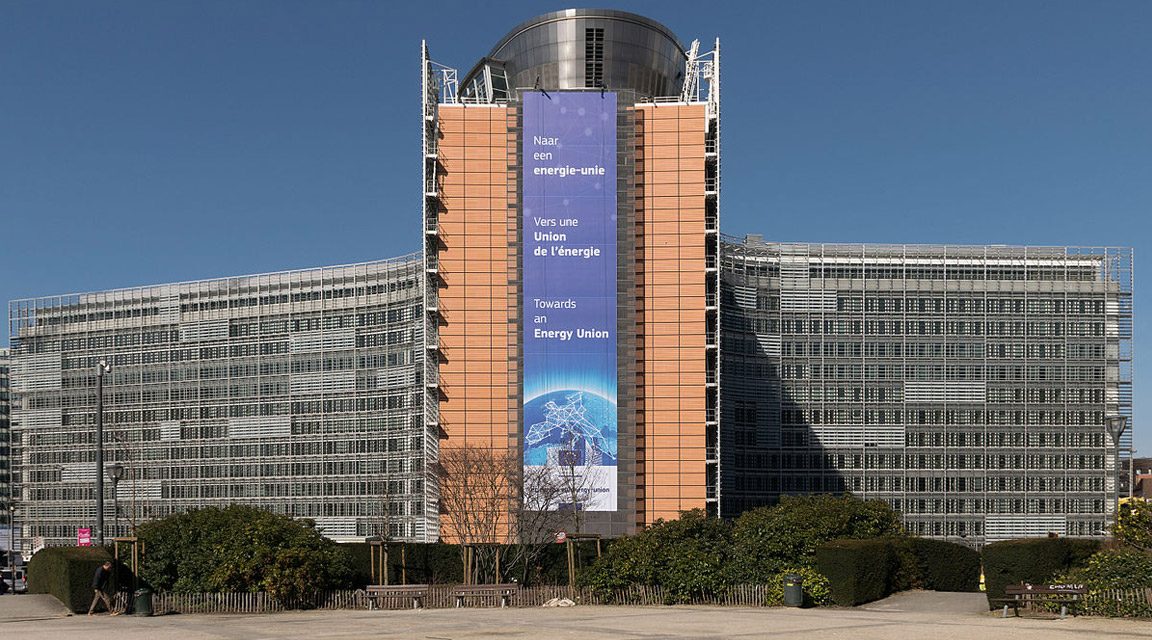In 2008, I took part in a trip to visit the Brussels institutions. We saw the Parliament, Council of Ministers, some NGOs and of course the Commission. While at the Commission, one enthusiastic official quite openly stated that they were preparing tax harmonisation plans.
This was, of course, clearly against those who fought hard to keep taxation as an area of national control. The Treaty on the Functioning of the European Union, in Articles 3–6, explicitly leaves out taxation as an area over which the EU has influence; yet now the fruits of those long years of planning are bearing fruit, as Single Market competence is being used to encroach on national taxation power.
In 2015, place-of-supply changes made VAT payable in the country where a sale is made, not in the country where a company registers (i.e. a firm might register in Luxembourg, with its low taxes; but then make sales across the EU).
Now, in 2017, we have the Commission proposing new VAT rules. The stated aim is to further integration of the single market, by taking 28 smaller markets and smashing down the barriers. A single VAT area, removing national borders, is forecast by 2022 to reduce compliance costs for businesses by up to 1 billion Euros per year.
This massive grab of democratic power, denying individual states the right to set their own VAT rates, is being performed under the guise of stopping VAT fraud, saving businesses money, and creating a simplified pan-EU system.
Tax authorities in one member states will collect VAT in their jurisdiction, subsequently transferring it to the jurisdiction where the good is consumed. Once all states have changed over, the system should be simpler for all. Companies will need to complete just one, single VAT return for the entire EU.
To effect this, the Commission is pushing for more information sharing, and trying to create a legal basis to facilitate this major grab of state sovereignty.
As well as undermining its own treaty, the sovereignty of its states, and democracy in general, these plans raise worrying concerns.
A new pan-EU web portal will make compliance easier for businesses; yet it will also be the first step towards consolidating information into an EU-level ‘big brother’ state. For those concerned about liberty, freedom and privacy, this – coupled with likely moves in the not-too-distant future to try and eradicate cash and conduct all payments electronically (and thus traceably) – could place every aspect of your life in the hands of bureaucrats and politicians.
By creating a supranational market, the EU makes it easier for firms with the resources to exploit that market to move first. Large companies that can quickly deploy infrastructure will benefit far more than the local people who form the heart of communities. Expect large multinationals to win from this at the expense of local traders.
There are also questions about governance within Eastern European tax authorities. Will VAT sums repatriated to them help their economies, or be funneled into private accounts or, worse, into organised crime?
These moves show that Brexit is the right choice for Britain. Despite years of lies that the EU was not a superstate project (against the Treaty evidence, against the statements of EU politicians, against the actions of the Commission), it is now proposing, with its military developments as well, assaults on the very heart of its member states.


